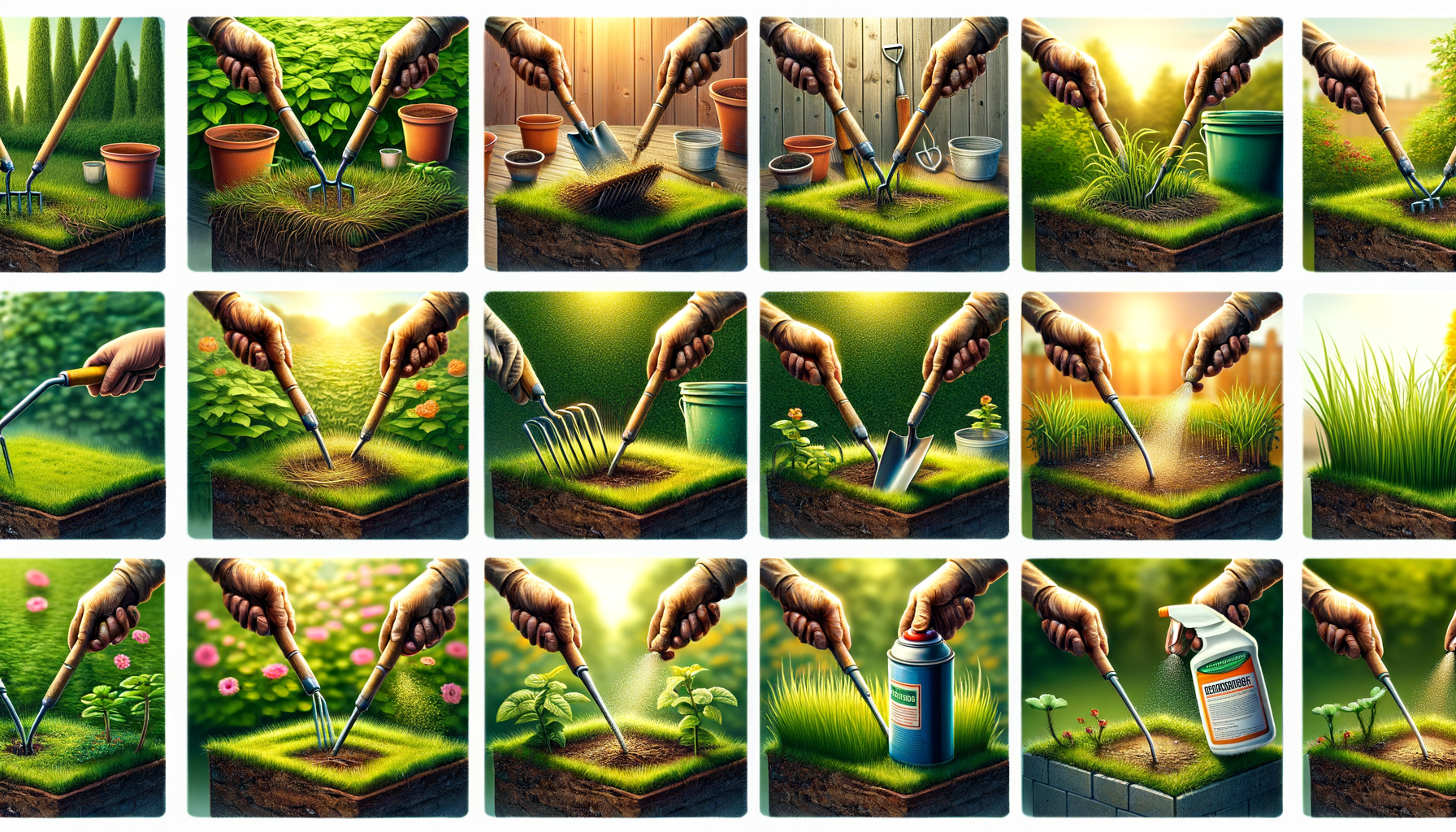Introduction to Weed Management
Gardening enthusiasts and homeowners alike often face the persistent challenge of stubborn weeds. These uninvited guests not only mar the beauty of a well-kept garden but also compete with your plants for nutrients, sunlight, and water. Understanding the significance of effective weed management is crucial for maintaining a healthy and attractive garden. This article delves into the powerful root killers available today, offering insights into their effectiveness and application.
Understanding Different Types of Root Killers
Root killers are specialized products designed to target the root systems of weeds, ensuring a thorough and lasting solution. Unlike surface treatments that only address the visible parts of weeds, root killers penetrate deep into the soil to attack the source. This section explores various types of root killers, each suited for different gardening needs.
There are primarily two categories of root killers:
- Organic Root Killers: These are derived from natural sources and are considered environmentally friendly. They are ideal for gardeners who prefer sustainable practices. Common ingredients include vinegar, salt, and essential oils, which disrupt the cellular structure of weeds.
- Chemical Root Killers: These are synthesized products that offer quick and effective results. They often contain glyphosate or triclopyr, which are potent in eliminating stubborn weeds. While highly effective, they require careful application to avoid damage to desirable plants.
Choosing between organic and chemical root killers depends on various factors such as the type of weeds, garden size, and personal preferences regarding environmental impact.
Applying Root Killers Effectively
Once you’ve selected the appropriate root killer, proper application is key to achieving desired results. Here are some tips to maximize the effectiveness of these products:
- Identify the Weeds: Before application, correctly identify the type of weeds present. Some root killers are formulated for specific weed types, making identification crucial for success.
- Follow Instructions: Always read and follow the manufacturer’s instructions on the product label. This ensures safe and effective use, reducing the risk of damage to other plants.
- Apply During Optimal Conditions: For chemical root killers, apply on a dry, calm day to prevent drift and ensure the product adheres to the weeds. For organic solutions, sunny days enhance the effectiveness of ingredients like vinegar.
- Monitor Results: After application, monitor the treated area for progress. Some weeds may require multiple applications for complete eradication.
By following these guidelines, you can effectively manage weeds and maintain a thriving garden environment.
Conclusion: Achieving a Weed-Free Garden
In conclusion, dealing with stubborn weeds requires a strategic approach and the right tools. By understanding the types of root killers available and applying them effectively, gardeners can achieve a healthy, weed-free garden. Whether opting for organic or chemical solutions, the key lies in careful selection and application. With persistence and the right methods, you can say goodbye to those pesky weeds and enjoy a lush, vibrant garden.




Leave a Reply